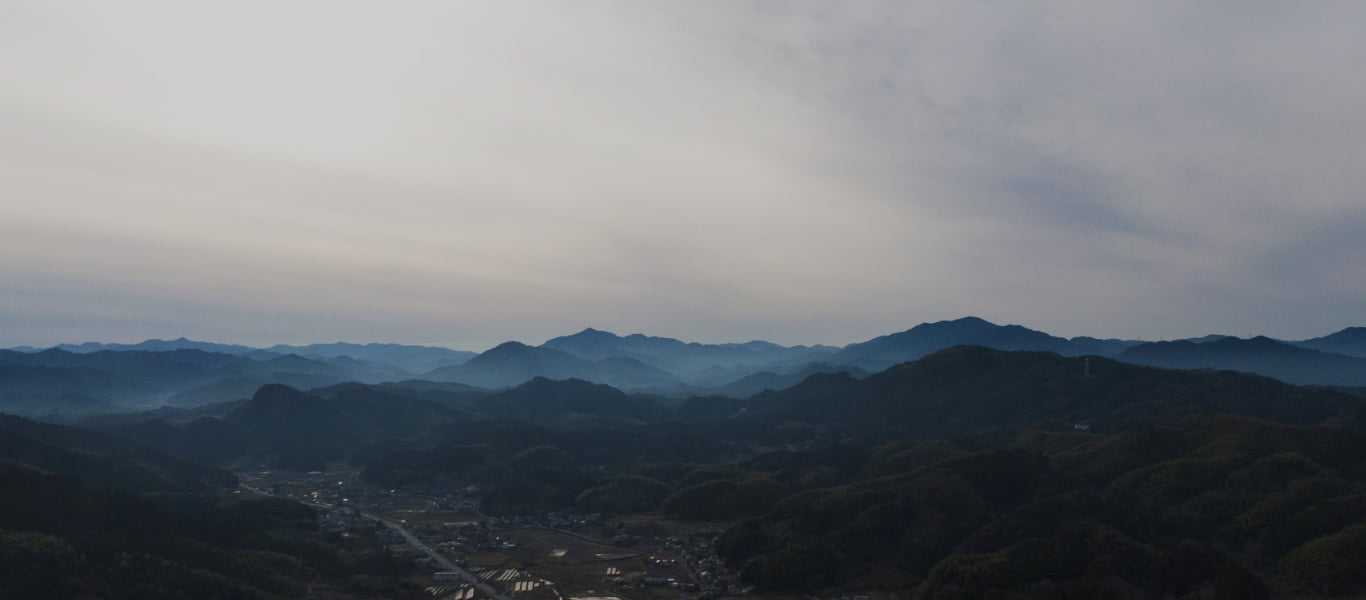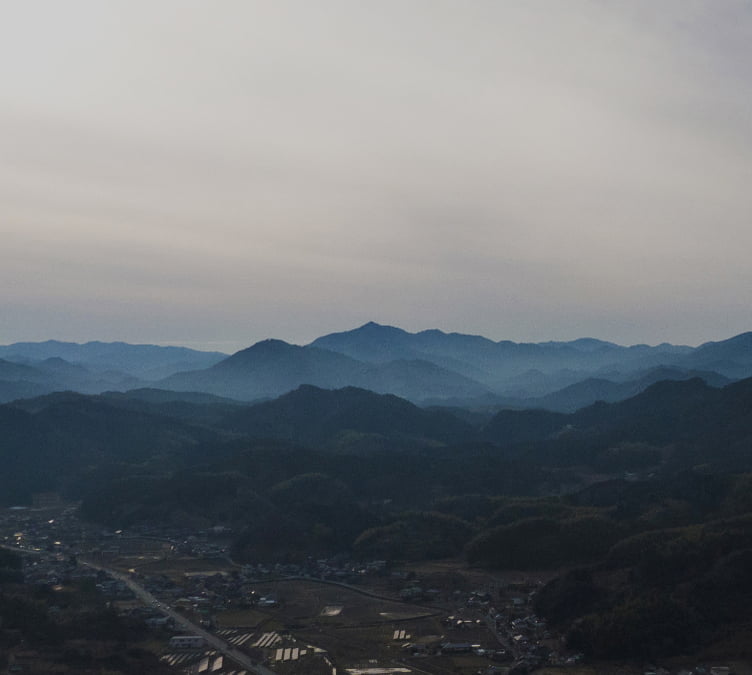Brewing sake with life Brewing sake with life
Our brewery was first built near Ise in the 4th year of the Ansei era (1858) during late Edo period, more than 160 years ago. Our brewery been creating sake in the region for eight generations owing to the blessings of the pristine waters of the Miyagawa River system, said to be finest in all Japan. No matter how much the times change, sake brewing cannot be left to machines. It requires the nurturing hands and toils of craftsmen coupled with the blessings of nature. The more we master the art of sake brewing, the more we are in awe of the mysteries that lie beyond our control.
Our minds often drift to the ancient myths as we toil to create our sakes, a national drink dedicated to the gods, here in the land of creation where Japan first came in being.
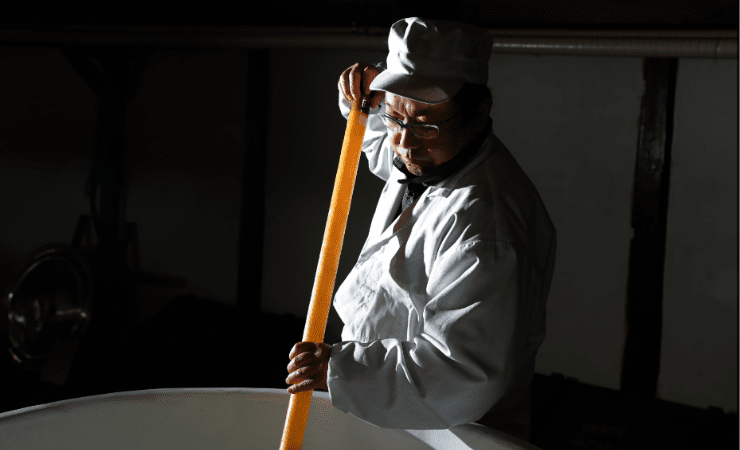
As one enters the brewery on a moonlit night, soft gurgling murmurs of fermenting unrefined sake echo from the depths of silence. A small whispering...the trickling of water, the fizz of bubbles rising to greet you.
Though we logically understand the process of sake making, the illusion of life dwelling in the seemingly lifeless seems so real. The world of ancient mythologies, where esteemed deities were believed to have existed in all forms of nature, floats to mind. While it is a customary to offer a prayer before beginning the sake making process, the mere sound of sake fermenting in the late night is like a beckoning. Instinctually my hands clasp together in prayer.
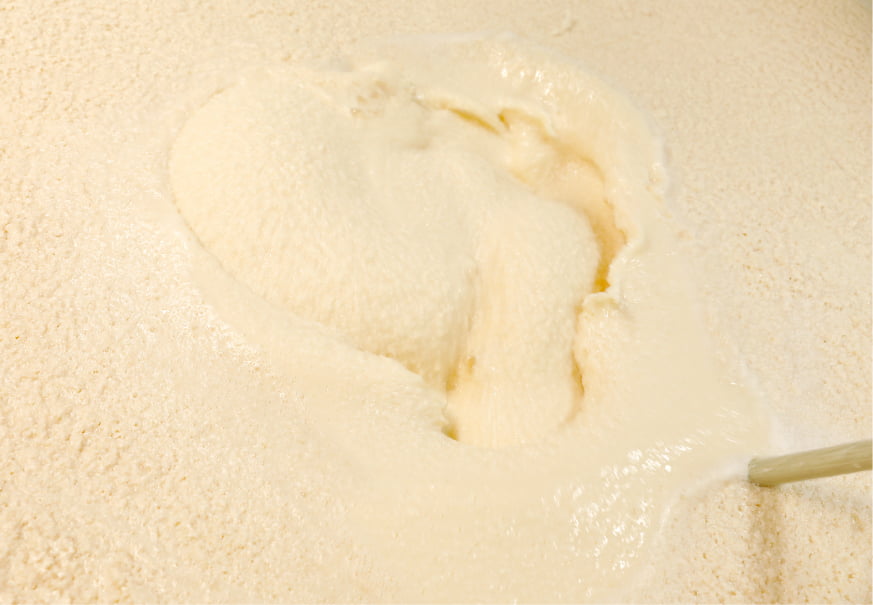
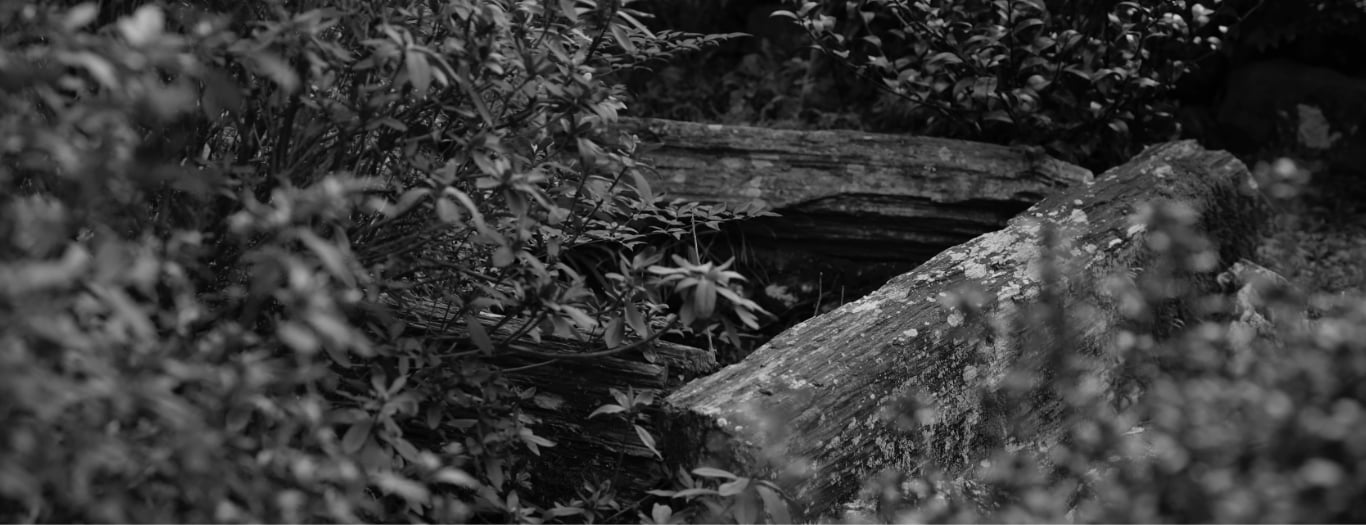
Since 1857
Continuously recreating traditions
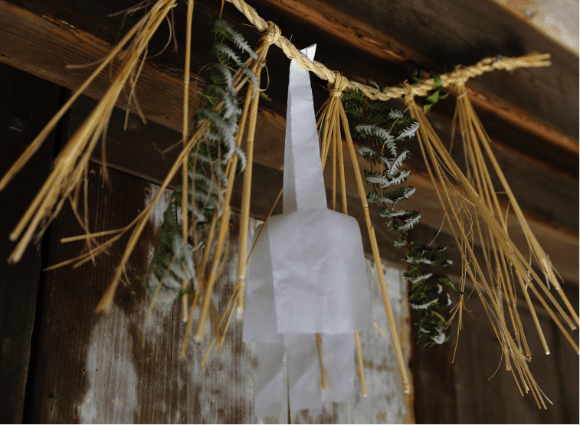
Even if one has been crafting sake for decades, one cannot make good sake by repeating the same thing over and over. We must carefully assess the sake rice, acutely sense any changes in the climate, and listen attentively to the voices that arise from the unrefined sake. With each batch, our senses become more sharpened, more alert to subtle changes, and more capable of discerning the optimal approach.
In this way, we have preserved our long-standing traditions.
Our sake brewing, which we call "old and new," is based on a constant effort to keep a fresh mindset without becoming blasé or over-reliant on the skills we have developed over the years.
Our stance and philosophy have been guided by the thinking of Tokowaka.
The Tokowaka ideals of respect for continuous renewal and the purity of new beginnings.
This legacy of tradition is one of our valued treasures.
Our new creation, SHIKI, also embodies these ideals.
We endeavor to craft a sake experience that purifies and enriches the hearts of those who savor it at the end of the day. A new sake that breathes new life into those who feel overwhelmed by the bustle of daily life. A sake that offers a window of respite to go back and reflect on oneself.
We aspire to offer you a moment of indulgence with a cup of sake that rejuvenates you from the inside out. A moistening of the lips quietens of mind.
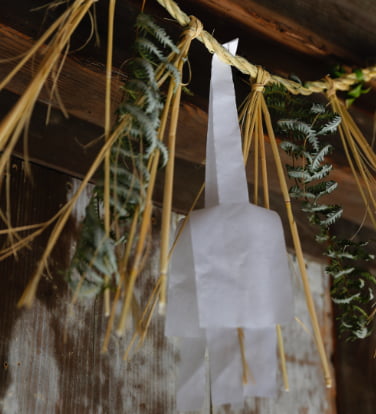
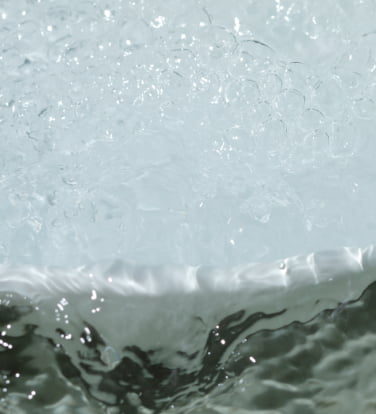
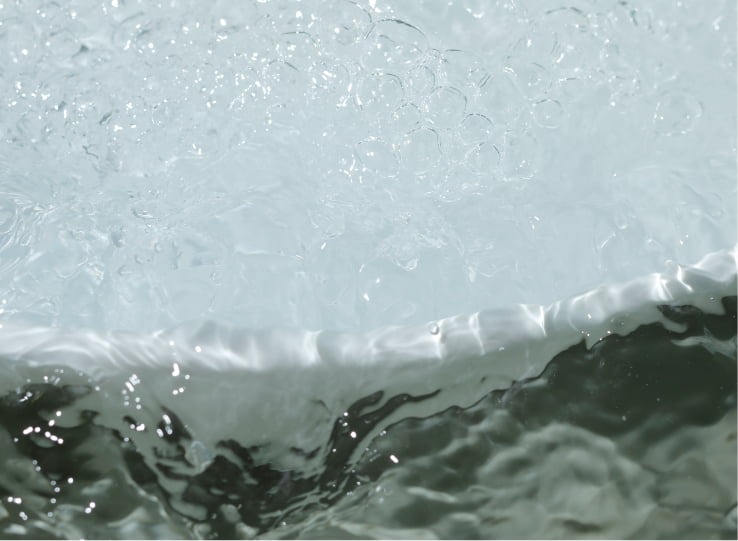
Company Outline
- Company Name:
- Kawabu Brewery Co. Ltd.
- President and Representative Director:
- Hidehiko Kawai (8th generation)
- Address:
-
234 Gokatsura, Taki-cho, Taki-gun, Mie Prefecture,
519-2174, Japan - Year Founded:
- 1857 (4th year of Ansei Era, Japan)
- Emphasis on Water
- We draw from the same pristine waters which flow through the Ise Shrine—The Miyagawa river system of Ise.
- Commitment to Rice
-
We pride ourselves on using only our proprietary created “Yuminariho” rice and those produced in Isenokuni (The land of Ise).
*Yuminariho is a progenitor rice of Yamada-nishiki rice.
The renowned Yamada-nishiki, the king of sake rice, is believed to be a related to the Yamadaho rice which was grown at the foot of outer shrine of Ise Shrine. - Awards History
-
Milano Sake Challenge
2019 Standard Sake Division, Platinum Medal
Milano Sake Challenge
2019 Junmai-shu Division, Gold Medal
International Wine Challenge IWC
2019 Junmai-shu Division, Bronze
International Wine Challenge IWC
2019 Junmai Ginjo Division, Bronze
Kura Master
2019 Junmai Ginjo Division, Gold
FEMINALISE World Wine Competition
2020 Junmai Daiginjo Division, Gold Medal
International Wine Challenge IWC
2020 Junmai-shu Division、Trophy
International Wine Challenge IWC
2020 Junmai Ginjo Division, Gold
International Wine Challenge IWC
2020 Standard Sake Division, Bronze



